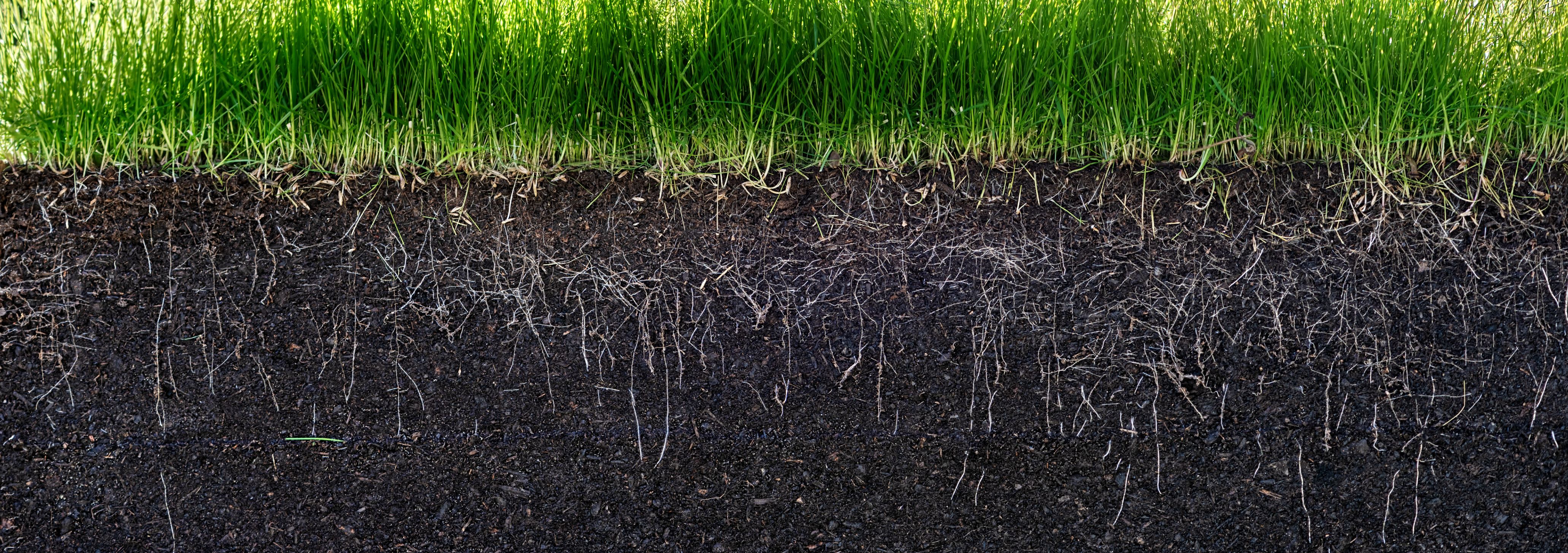
Transparent Agricultural Traceability with Privacy-preserving Data Sovereignty by Blockchain and Zero-knowledge Proofs
Project Outline
Motivation
With over $100 million investment by the Australian Government into establishing reliable traceability frameworks in the agricultural sector for food safety, provenance and biosecurity, there is a strong demand for extensive transparent data sharing from agricultural participants. However, research studies also showed that data privacy is people’s top concern when it comes to data sharing, which severely hampers the efficacy of any traceability frameworks.
Data sovereignty is a key to enable effective traceability, which refers to the notion that the data contributors should retain the right to govern and control how their data is shared and utilised among the data accessors. Particularly, agricultural participants should be assured of data privacy that reveals no further information beyond the traceability requirements, while ensuring the data can still be utilised flexibly for diverse traceability purposes by the public.
We provide several example scenarios of agricultural traceability with privacy-preserving data sovereignty as follows:
1. The Aboriginal and Torres Strait Islander people would want to certify the origin of their agricultural products to any public members. However, they do not want to disclose their sensitive production and inventory data to any external parties.
2. A consumer will be able to infer if all the ingredients of a processed food product satisfy food safety or organic product requirements. But the ingredient providers do not need to worry if their competitors will be also able to trace the product to them.
3. An importer will be able to demonstrate the satisfiability of provenance and biosecurity of agricultural products, even though the identities of the agricultural producers are protected.
Methodology
This project will utilise public blockchain as an open data ledger for agricultural traceability and data sharing, which allows public members to verify the authenticity of agricultural data for food safety, provenance and biosecurity requirements.
However, the data shared on blockchain is stored in encrypted formats. We certify encrypted agricultural data by zero-knowledge proofs, which are cryptographic tools to prove the validity of encrypted data without revealing the actual data.
With a combination of public blockchains and zero-knowledge proofs, agricultural participants can provide public verifiable certificates of agricultural products for food safety, provenance and biosecurity, while retaining how the underlying data is shared and revealed to the public.
Deliverables
1. The student will develop a practical system prototype that demonstrates the applicability of concepts.
2. The student will produce analysis and evaluation on the design and effectiveness of the system.
Pathway for practice
This project aims to engage with the local Aboriginal and Torres Strait Islander as well as the farming communities for a trial project to enhance the traceability of their agricultural products, while empowering them to share data in a privacy-preserving manner with guaranteed data sovereignty.
What the student will learn from engagement in the project
The student will learn more about the intricacies and digital landscape of the agricultural data management ecosystem and improve the capabilities of indigenous and local farming communities on the issues of data sovereignty and traceability. The prospects of technological innovation and the interaction with social aspects of the agricultural sector and the importance of trust and data sovereignty will be explored.
To register an expression of interest, click here. You will need to outline why you have selected the research project and how your skills, experience and/or knowledge meet the project requirements.
